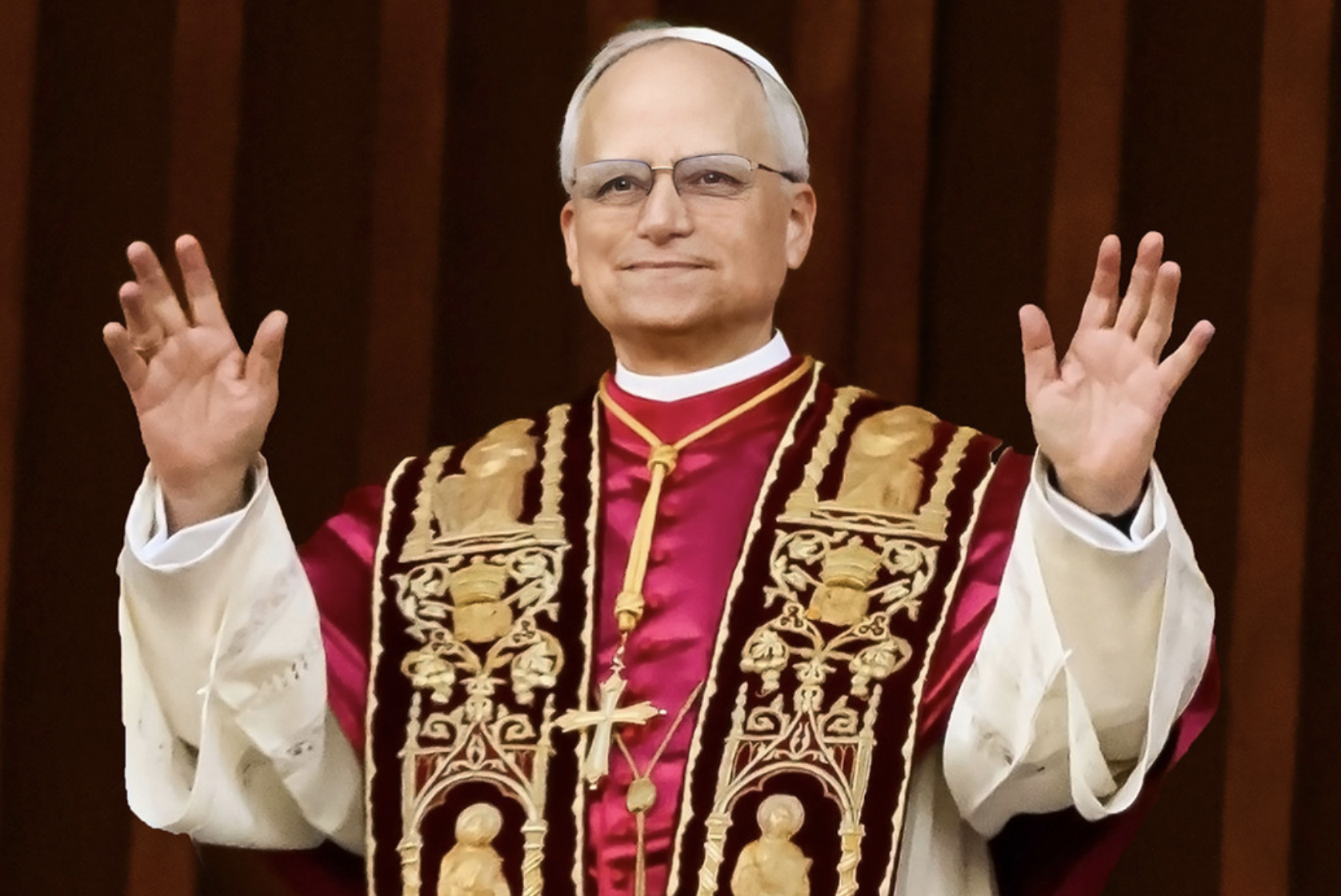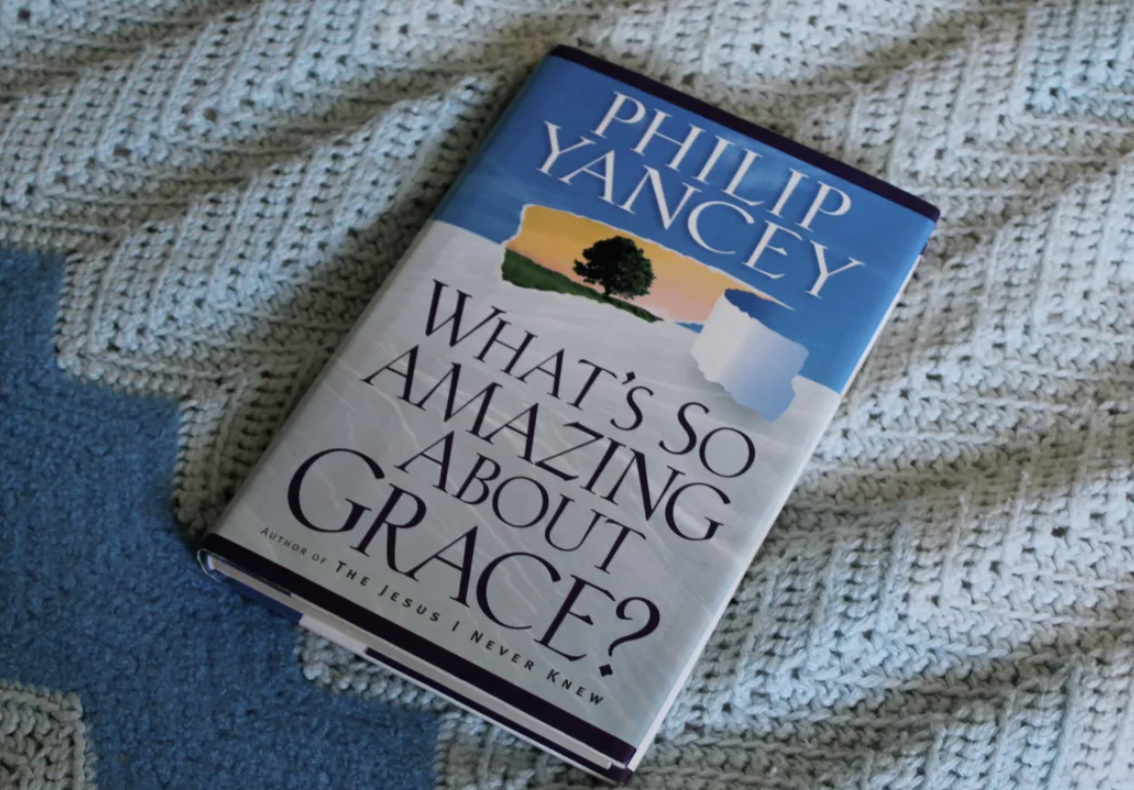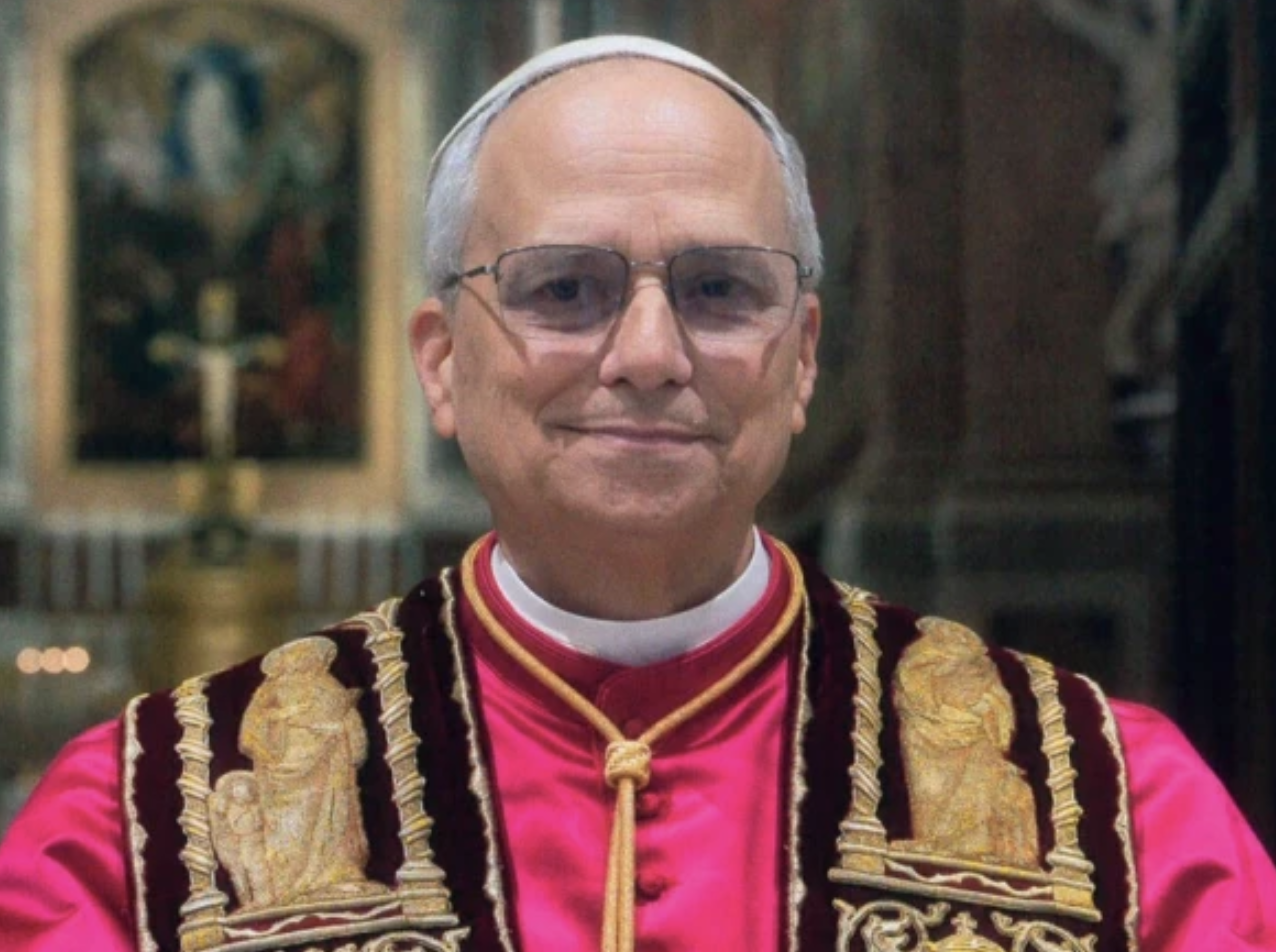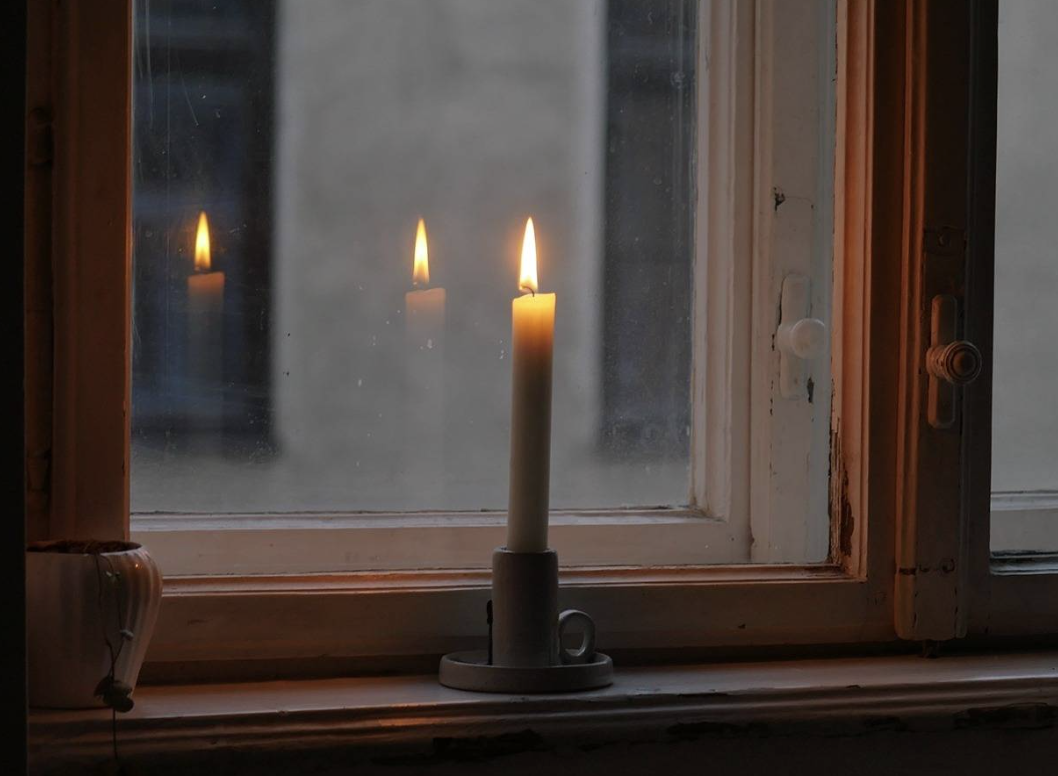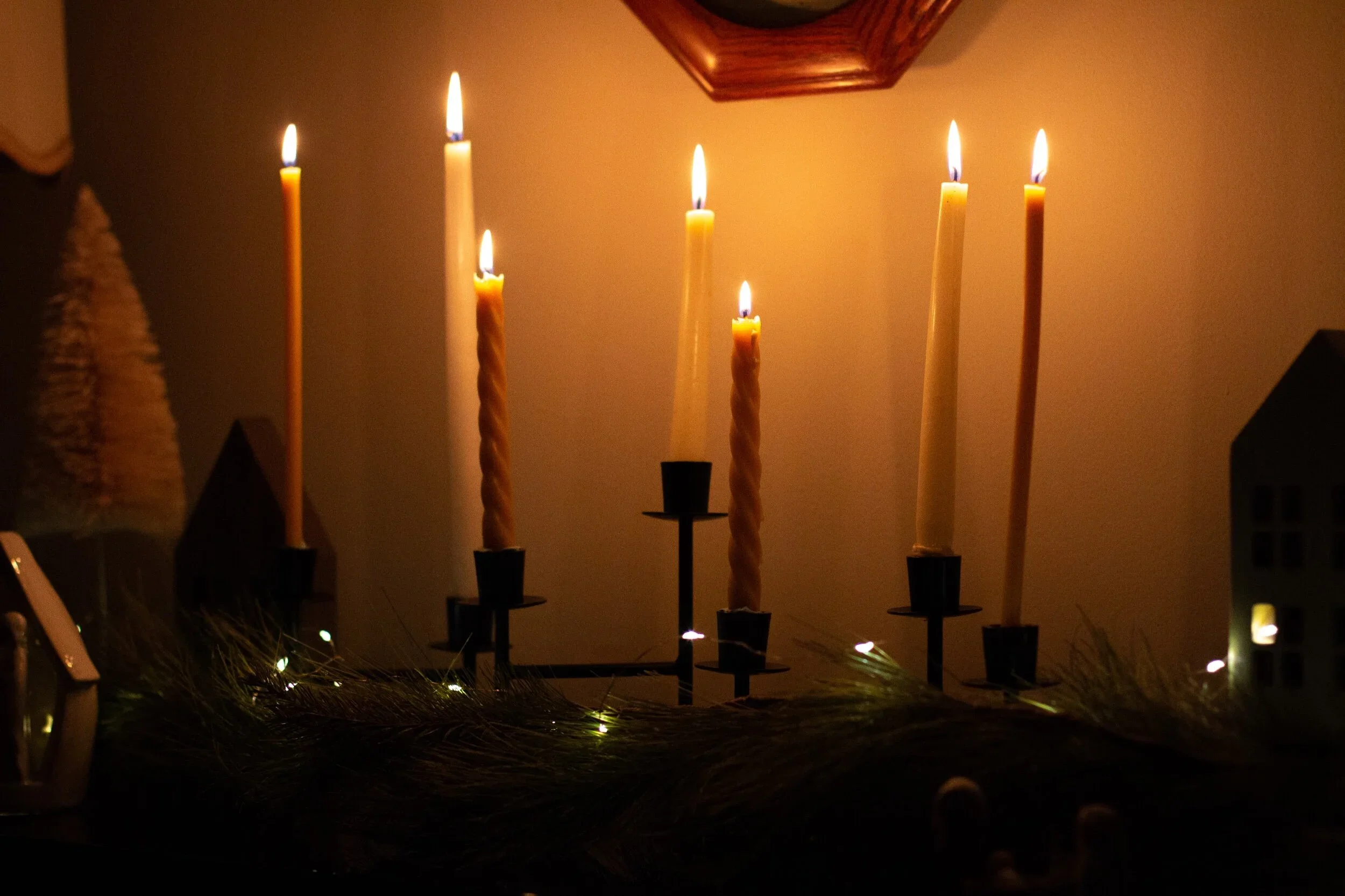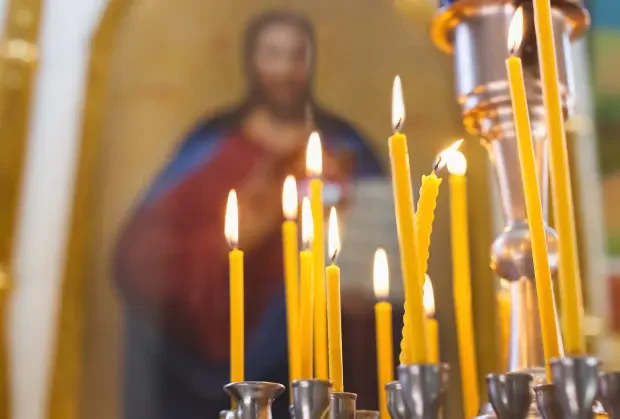The Boston Globe headline was blunt: "Church allowed abuse by priest for years."
This massive investigation into sexual abuse by Catholic clergy won the 2003 Pulitzer Prize for Public Service, forcing major newsrooms to cover a scandal that had festered for decades. The shockwaves continued in Boston and, more than a decade later, The Globe began a website -- Crux (Latin for "cross") -- to cover Catholic news.
Reporter John L. Allen, Jr., was a pivotal figure in that project, since he was already an established expert on all the roads that lead to Rome. However, Crux quickly showed that the news was there, the readers were there, but the dollars didn't add up -- yet.
Allen got the green light to create an independent Crux, which launched on April 1, 2016. The question was whether he could build a coalition of donors and organizations -- the Knights of Columbus, for example -- that would support real journalism.
Truth is, the "people on the other side of the deal have to believe in what you are doing and see the wisdom of becoming part of your brand," Allen told me at that time, via telephone from Rome. "Your partners also have to be smart enough to realize that a key part of your brand is that you are seen -- by your readers -- as being truly independent."
The bottom line: Allen was a journalist who was a Catholic and an active Catholic who was a real journalist and he fought to balance that equation, in his daily reporting, his 11 books and his commentary for CNN, CBS and others. His death on January 22, after a long battle with cancer, left a strategic hole in Catholic life. His funeral Mass was celebrated on Monday (January 26) at the Basilica of Sant'Eugenio in Rome. He was 61.
When describing the "brand" he wanted, Allen stressed this word -- "balance." In an early update to Crux 2.0 readers, he wrote: "We’re unambiguously committed to the teaching and tradition of the Catholic Church. We believe the Church, for all of its undeniable failures and challenges, is fundamentally a force for good in the world. …
"We also believe deeply in that famous line from Chesterton: 'Catholic doctrine and discipline may be walls; but they are the walls of a playground.' … My personal definition of success will be if, over the long haul, smart readers have a hard time saying whether they find us 'liberal' or 'conservative.'"



